“Why did I become a software engineer?”, people ask me.
I doubt I would have chosen the software engineering career in the first place if I hadn’t seen it before in a familiar environment. One important role model I had was my father, a lawyer, an accountant, and an amateur programmer. I remember him spending long hours behind the computer trying to solve problems for all the pension lawyers by programmatically making solutions that helped reduce the bureaucracy needed for people to retire.
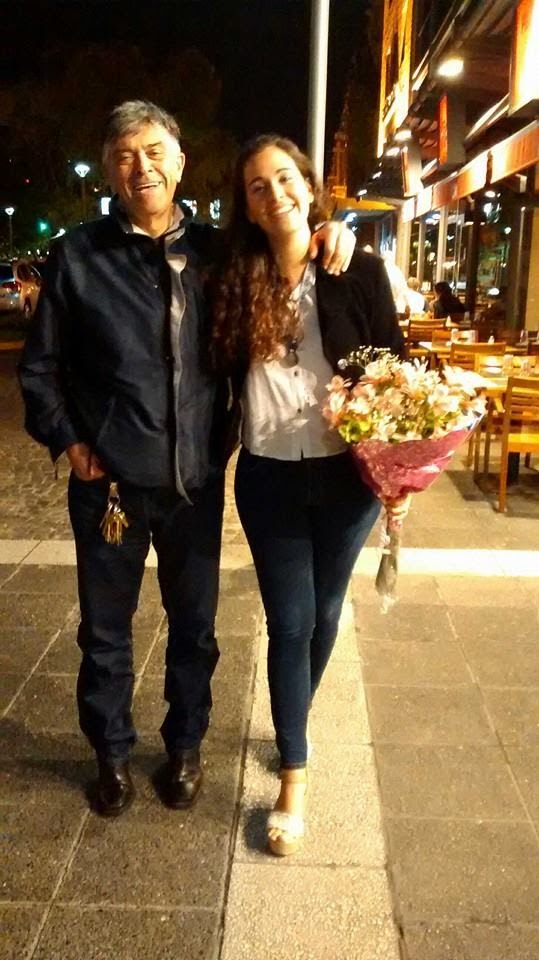
My high school was oriented on information technology and when I was about 17 years old, I started learning the basics of programming. That was the moment I made the decision of my professional path. I wanted to program for a living. I was astonished by the creativity that was involved in making something with your own hands from scratch to suit your needs. My dad, a big fine arts fan, says software developers are also a type of artist: “We are artists of bits.”
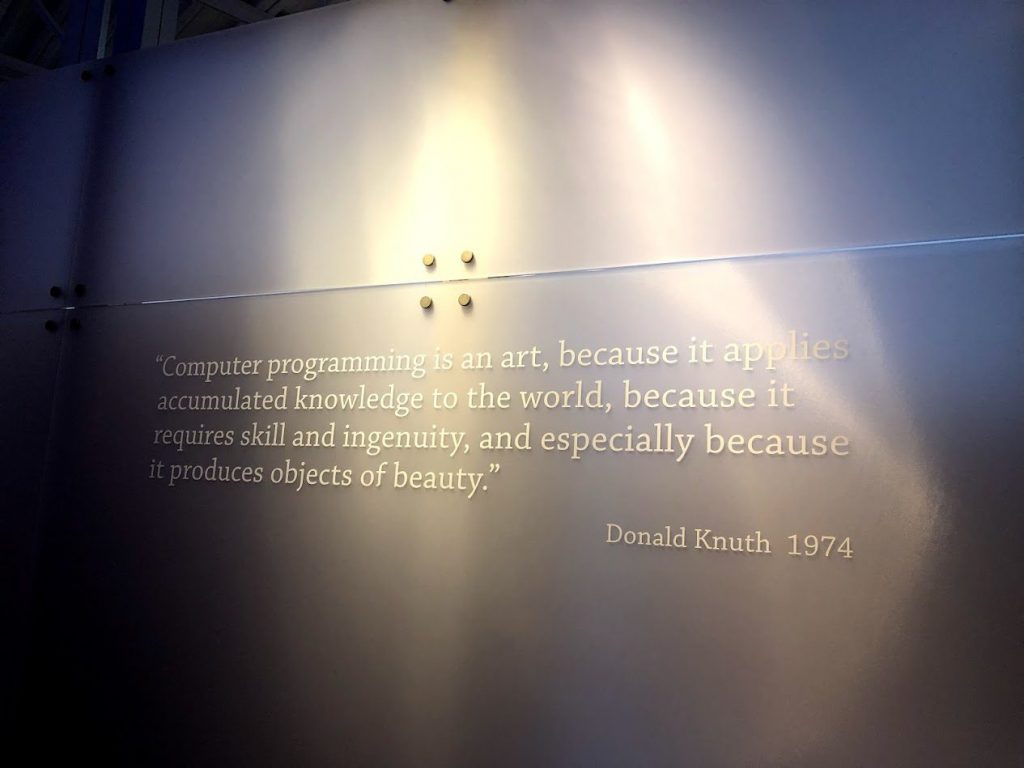
Formal education
Not every person in the IT world has a technical degree and that’s because knowledge is spread across the Internet. Learning new programming languages can be done online through courses or by directly going to the documentation.
Of course, that doesn’t work for everybody. Some people need physically attending classes, working in teams, and coding in labs. That’s exactly what I did. I studied at the Institute of Technology ORT in Almagro, Buenos Aires to become a Systems Analyst. In three years, I learned about Software development, Systems design, Architecture, Quality control, Quality assurance as well as Math, Statistics, and Simulation among others.
Naturally, I don’t apply all of the things I have seen at uni in my field of work. Nevertheless, with the ever-changing technologies, you need to keep up and read about the latest trends. Following blogs, subscribing to newsletters, watching introductions, and doing online courses are good ways to keep updated.
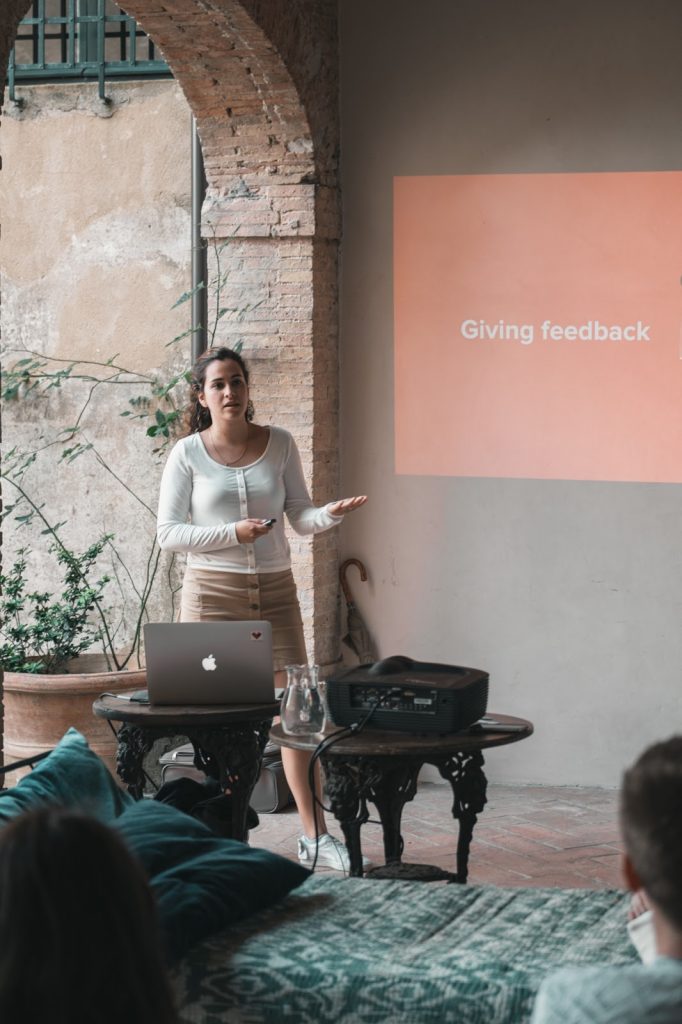
Getting a job
Along with my studies, I also started working as a junior programmer. I believe that’s the perfect combination to fix and put in practice everything you learn. It was great to not just see the topics at uni but also at work. So a word of advice: don’t be afraid to take the challenge of working and studying at the same time. I tell you, your hard work pays off. I have seen people only studying and waiting years to get their degree before jumping in the work field and guess what? You are already running with a disadvantage, experience.
But years are not all the employees are looking for. You can create a public repository and push some projects of your own so you can display your coding skills. Or even better, contribute to open source projects.
This is how I eventually ended up at madewithlove. You can read about my female perspective about working there.
No age to learning
One of my sisters, Monica, studied to be an architect and spent several years in the real estate industry. Out of pure curiosity, she recently adventured into the field of programming, more specifically Python. Being a full-time mom, she’s taking lessons at home and she’s liking it so far. It is just a hobby now but who knows what she will be working on in the coming years?
My brother-in-law’s sister, Marianela, also discovered the software development field five years after graduating as an accountant. She took a year-long course in Frontend Development and has recently shifted roles at her company, Mulesoft, from the Accountant Department to the Software Engineering division.
There’s really no time like now for learning something new, shifting careers, or simply becoming more involved in this fascinating profession in technology.
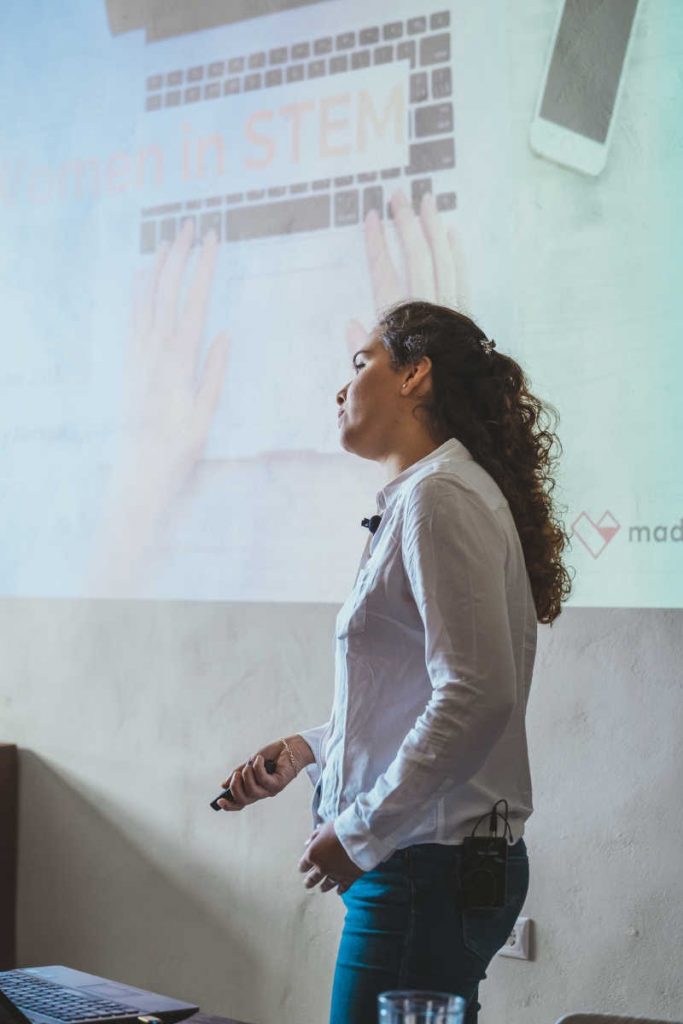
The future awaits you
If you are thinking about the possibility of studying a career in IT, I hope this story encourages you to sign up in that Bootcamp course, read that book, or enroll in a university. Every day is a challenge, a new feature to deliver, a new issue to fix. I really love what I do and I hope I can continue doing so for many years more.
Like what you read? Want to help Vicky developing wonderful applications for clients spread out throughout the globe at madewithlove? Feel free to send us your application and we’ll gladly take a look at them!
Thank you for reading!
More interesting reads
- Public speaking by madewithlove
- The work we did for Publiq
- The work we did for African Drive
- How to organise company retreats
- Guide on Hexagonal architecture
- The work we did for Gearjot




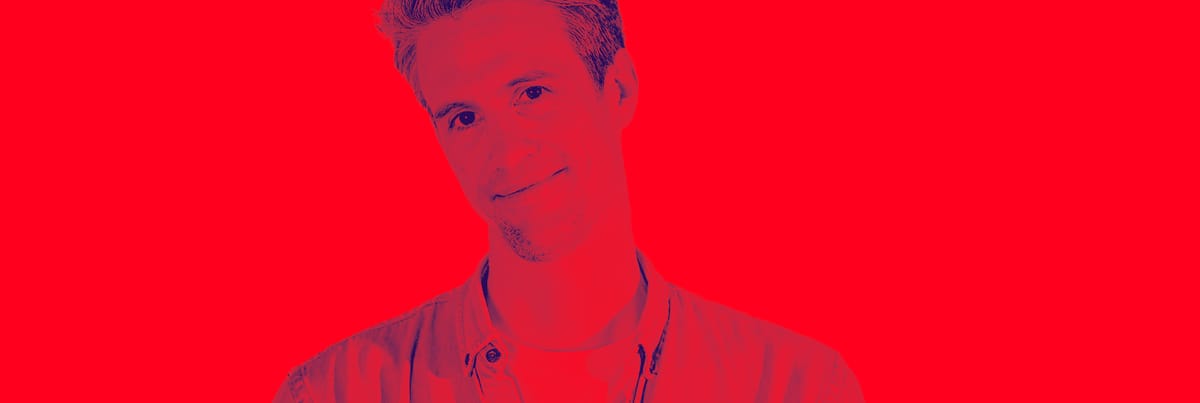

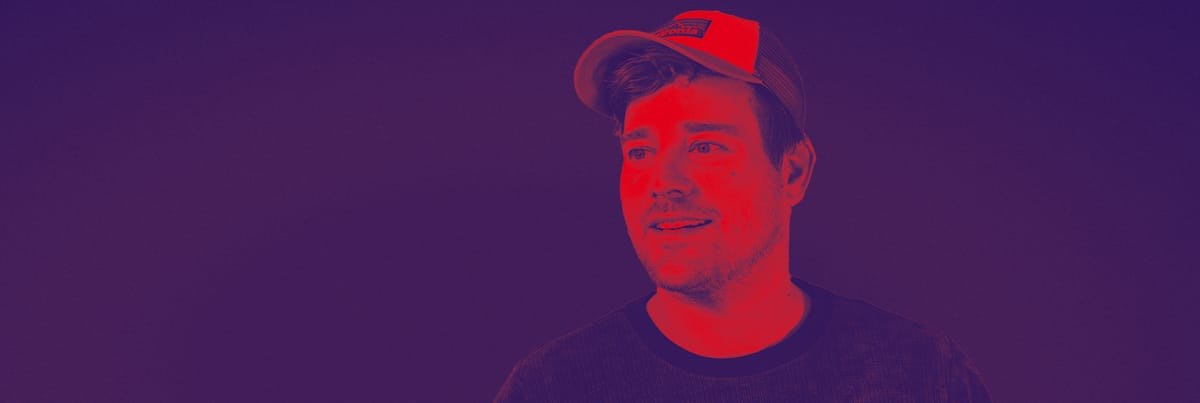

Member discussion